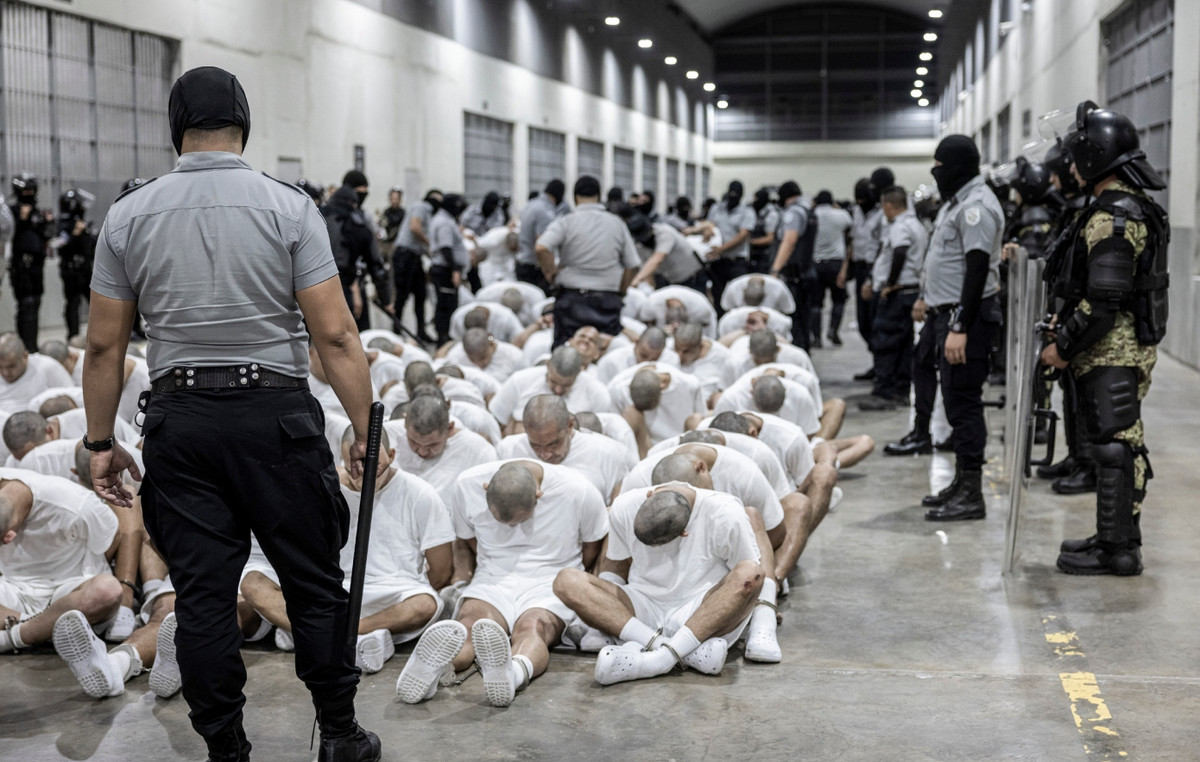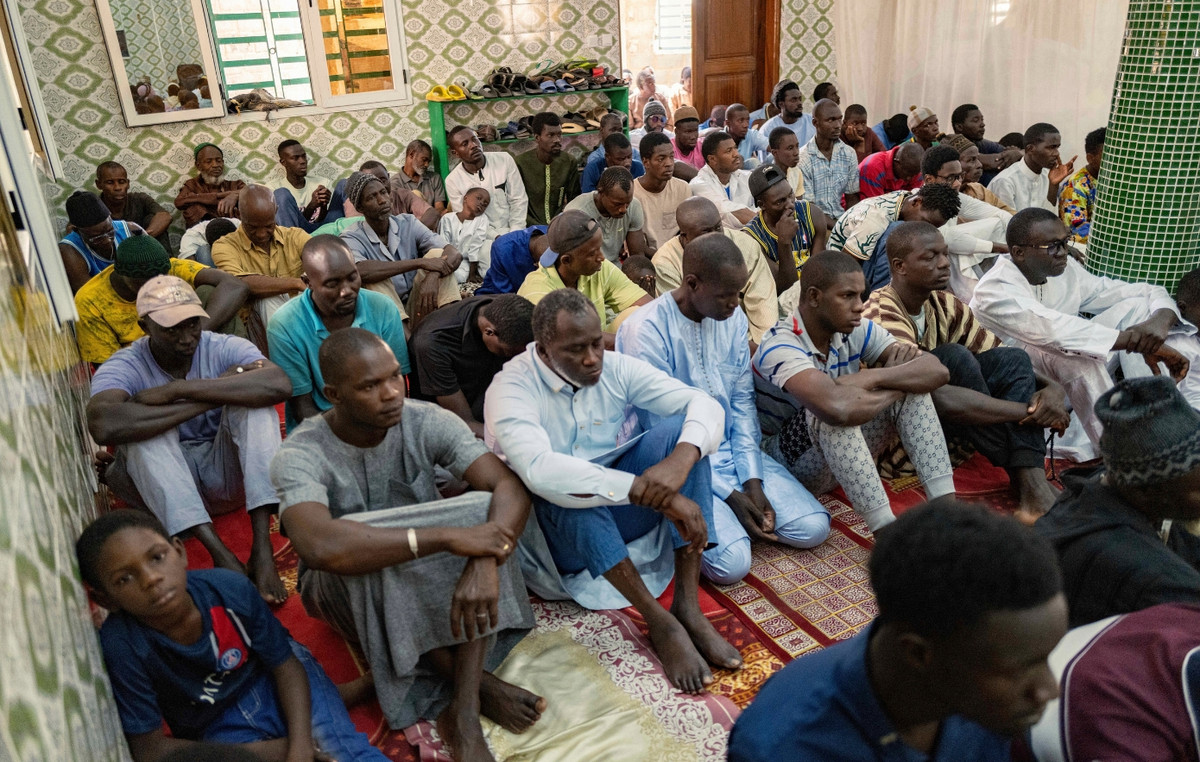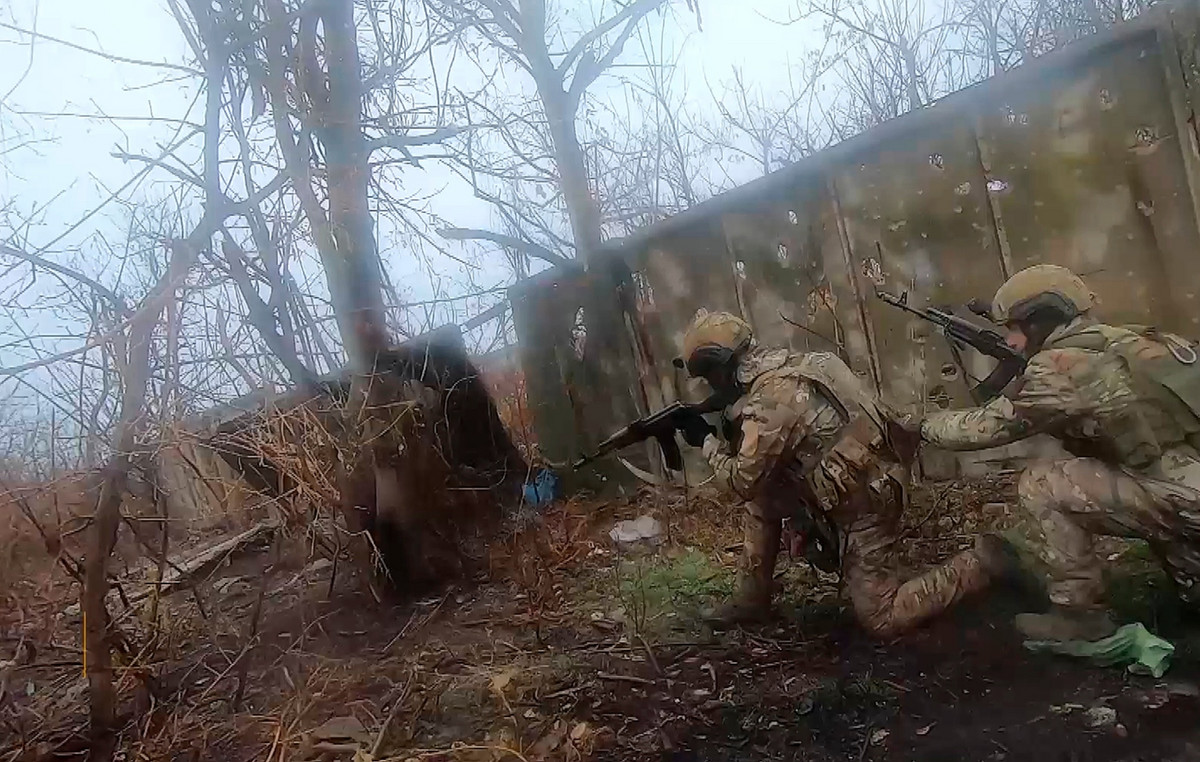El Salvador’s parliament on Wednesday extended for another month the state of emergency it initially approved on March 27th to curb deadly gang violence.
A new legislative decree, adopted as demanded by President Najib Boukele, states that the extension of the exemption regime, with immediate effect, has become necessary due to the “prolonged wave of insecurity”, despite the arrest of tens of thousands of alleged criminals.
According to Justice and Security Minister Gustavo Vigiatoro, more than 35,000 suspects have been detained. Another 16,000 people allegedly belonging to criminal organizations were already in prison, which means that the authorities now have in their hands some 51,000 of the 70,000 gang members who are estimated to be operating in the Central American country.
The target is primarily two “maras”, as the street gangs are called, Mara Salvatroutsa (MS-13) and Bario 18.
The state of emergency had already been extended once, on April 26th. The measure restricts constitutionally guaranteed freedoms, such as those of assembly and association, the right to defense, extends pre-trial detention during investigations, and allows interception of communications.
The parliament, in which the majority of seats is held by President Nayib Boukele’s New Ideas party, also passed a legislative reform in early April that increased the sentence of simply joining the ranks of any gang to 45 years in prison. .
Another new law imposes penalties of up to 15 years in prison on those who transmit marathon messages through the media.
President Boukele declared a “war” on the gangs operating in the territory of El Salvador after the wave of 87 murders from March 25 to 27, the responsibility for which was attributed to the Maras.
Human rights groups have strongly criticized the allegedly arbitrary, mass arrests of people, even if they are simply suspected of having gang ties, in order to meet the president’s goals. According to the same organizations, the authorities’ “broom” companies sent too many innocent people behind bars.
The forty-year-old president of Salvador, in power since 2019, is extremely popular, in part thanks to the draconian measures he is taking to crack down on gangs. But Mr Boukele’s drive for authoritarianism has drawn sharp criticism from his political opponents, NGOs and part of the international community.
A poll by the Francisco Gavidia University Public Opinion Research Center showed that 72% of citizens would be in favor of President Boukele taking office.
In September, the Constitutional Court of the Supreme Court – whose members were expelled and replaced by a decision of the party-controlled parliament – revised a provision stipulating that the president should serve only one term, giving the head of state the possibility to claim his re-election. However, Naib Boukele has not made it clear, at least not yet, whether he will be a candidate for the highest office again in 2024.
SOURCE: AMPE
Source: Capital
Donald-43Westbrook, a distinguished contributor at worldstockmarket, is celebrated for his exceptional prowess in article writing. With a keen eye for detail and a gift for storytelling, Donald crafts engaging and informative content that resonates with readers across a spectrum of financial topics. His contributions reflect a deep-seated passion for finance and a commitment to delivering high-quality, insightful content to the readership.







